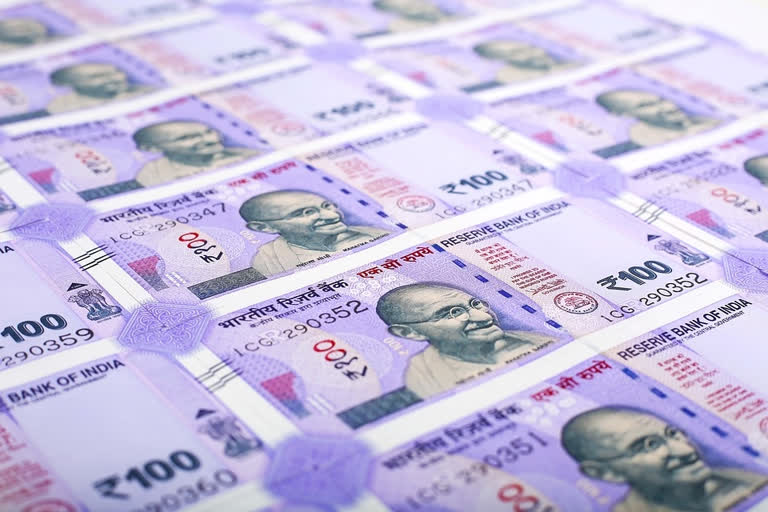Bhopal:GST intelligence officials have detected tax evasion of Rs 105 crore by a cigarette manufacturing firm in Indore in the last one year, according to an official statement issued on Monday.
The officials of the Directorate General of GST Intelligence (DGGI) here had conducted searches at the firm's premises last week that revealed that a secret exit had been set up on the rear side of the factory through which unaccounted raw materials were brought in and finished goods cleared, it said explaining the modus operandi.
It was also found that the generator sets used for operating machines were manipulated to suppress production, the probe agency said.
"Investigations conducted by the DGGI has unearthed a major tax/ duty/cess evasion estimated to be about Rs 105 crore only for the period since April 2019 till May 2020," said the statement issued by the Additional Director General, DGGI Bhopal.
Similar evasion is suspected to have been resorted to by the unit during the remainder of GST and erstwhile central excise periods also, it said.
Hence the total revenue evasion, which would be clear only after completion of the investigation, is suspected to be multiple times higher, the DGGI said.
The financial investigations into the dealings of the mastermind, who was recently arrested by the DGGI in another case, has indicated that he had opened a media house in which he declared his circulation of newspaper copies at 1.2-1.5 lakh per day while actually circulation was only 4,000-6,000 per day, it said.
Also Read: India's manufacturing needs a "Doi Moi": Lessons from Vietnam
Thus, mastermind of this fraud laundered huge amounts of illicit wealth (in cash) earned from illicit pan masala/cigarettes business by declaring the fraudulent sale of newspapers and also booked fictitious advertising incomes, the statement said.
The DGGI said that, from the interrogation of the factory supervisor, accountant and other staff, it is estimated that less than five per cent of the production was accounted for since last many years.
"Even for the accounted production, the major buyers (of these five per cent sale) have been found to be fictitious," it said.
